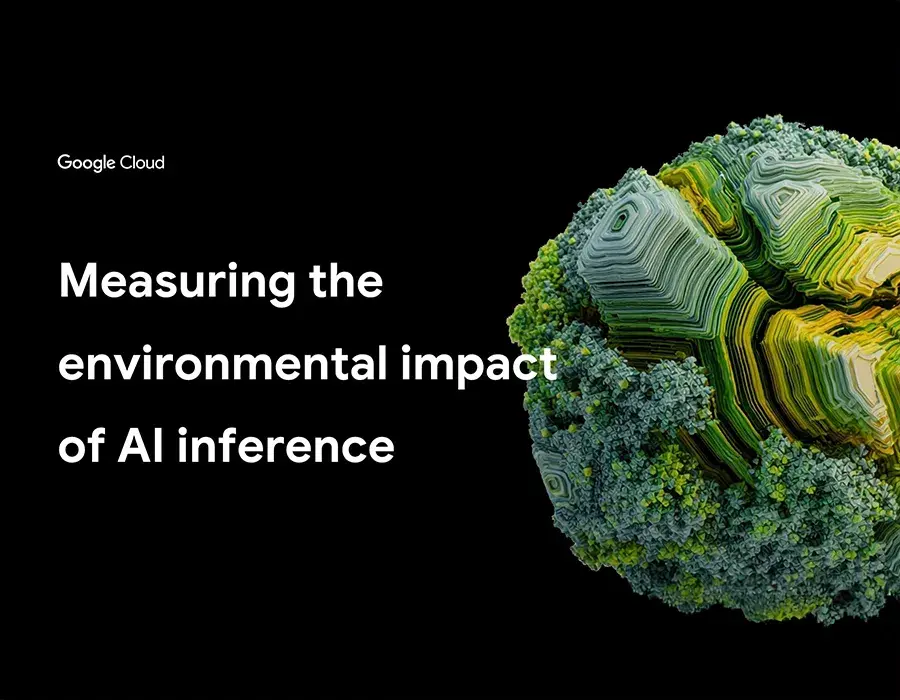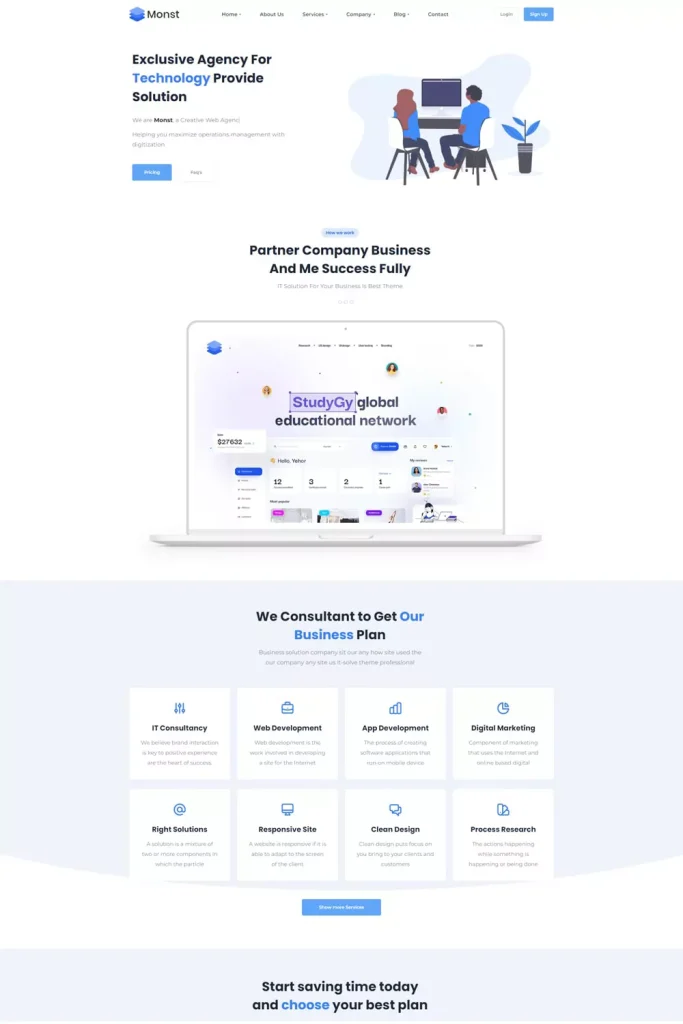AI Arms Race Volume: 5

Author: Brod Justice, Ryan McClure
Published Date: August 26, 2025

Weekly AI Signals — Curated by Builders, for Builders
Every week, we round up the most relevant developments in AI and the business strategies shaping it. Authored by Brod Justice and Ryan McClure, these summaries go past the hype and are built for real businesses.
Volume 5
Key Themes This Week:
- Environmental Accountability: Tech giants making sustainability claims while critics question the methodology
- Market Reality Check: Industry leaders acknowledging potential AI bubble concerns amid continued investment
- Browser Wars Intensify: Multiple players positioning for Chrome divestiture opportunities
- European Innovation: Continental AI developments challenging Silicon Valley dominance
- Content Attribution Crisis: Escalating tensions between AI companies and content creators
1. Google’s Sustainability Claims Face Skepticism Over Methodology
Google released a paper claiming AI’s environmental impact is far lower than assumed, stating “the per-prompt energy impact is equivalent to watching TV for less than nine seconds.” However, critics are raising red flags about their methodology, particularly their use of “median prompt” rather than “mean average” calculations. This statistical choice could significantly understate actual energy consumption, especially given the wide variance in prompt complexity and model usage patterns.
Source: Google Cloud Blog | LinkedIn Analysis
2. Sam Altman Acknowledges AI Investment Bubble Concerns
Has OpenAI’s Sam Altman realized that super-human AGI isn’t arriving anytime soon? Following GPT-5’s lukewarm reception, Altman told reporters that “investors as a whole are overexcited about AI.” This represents a notable shift from his previous bullish stance and suggests even AI leaders are beginning to temper expectations around artificial general intelligence timelines.
Source: Fortune
3. AI CapEx Surpasses Dot-Com Bubble Levels
While many companies underestimate AI’s impact, there is also mounting evidence suggesting we’re in an AI investment bubble. Alberto Romero’s analysis reveals that “AI CapEx as a percentage of GDP is already above the peak of the IT bubble at 1.2%.” The Financial Times echoes these concerns with warnings to “brace for a crash,” highlighting the disconnect between current investment levels and practical returns (see also the MIT Nanda report)
Source: The Algorithmic Bridge | Financial Times | MIT Report
4. Ecosia Offers to Take Chrome for Free in Divestiture Play
Europe’s search engine Ecosia has asked Google to give away the multi-billion-dollar Chrome browser for free. While seemingly a publicity stunt, it’s arguably less problematic than bids from Perplexity and OpenAI – Google’s direct competitors. If US judges force Chrome divestiture, placing it with a mission-driven organization like Ecosia might be preferable to handing it to companies that would weaponize it against Google.
Source: TechCrunch
5. German AI Breakthrough: Tokenizer-Free Models Show Promise
Aleph Alpha introduced “T-free” (Tokenizer-Free) models, representing a different approach to AI architecture. While the inventors don’t claim it can yet compete with leading models, the HAT-7B model demonstrates Europe’s capacity for fundamental AI innovation beyond Silicon Valley’s transformer-based approaches. This technical diversity could prove crucial as the industry matures.
Source: Aleph Alpha
6. Google Enables Large-Scale Content Extraction Without Attribution
Google AI now provides another method to use website content without visiting them or offering attribution. Through their new API, users pay Google to extract data from any webpage, but content providers receive nothing. Critics argue this represents large-scale content theft, institutionalized through Google’s infrastructure and monetized at the expense of original creators.
Source: Google API Documentation
7. Daily Mail Reports 89% Traffic Drop from AI Summaries
The Telegraph reports that AI summaries are causing the Daily Mail an 89% drop in website visits in some cases. While average declines are likely in the 15-25% range reported by other media companies, the impact is severe enough for the Daily Mail to call on the UK government for regulatory intervention. This represents the first concrete measurement of AI’s economic impact on traditional media.
Source: The Telegraph
8. Media Industry Faces Existential Threat from Zero-Click AI
The broader media landscape is grappling with what some call the “zero-click apocalypse” – where AI summaries provide enough information that users never visit the original sources. This trend threatens the fundamental business model of digital journalism and content creation, forcing publishers to reconsider their relationship with AI platforms and search engines.
Source: For more focused news on this topic please check out VSP-ai.org
ChatBar AI Website Assistant
New to AI? Take Our Free Course.
ChatBar AI Learning is the fast, practical way for business owners and teams to get up to speed on real-world AI.
Want More Like This? Just Ask.
Tap below and ask ChatBar to recommend more high-signal AI content and use cases—no fluff, no noise.
Ask ChatBar to show similar content
Ready to Try ChatBar AI on Your Site?
Apply now to join our early access program and see how ChatBar can supercharge your site’s content, discovery, and engagement.















